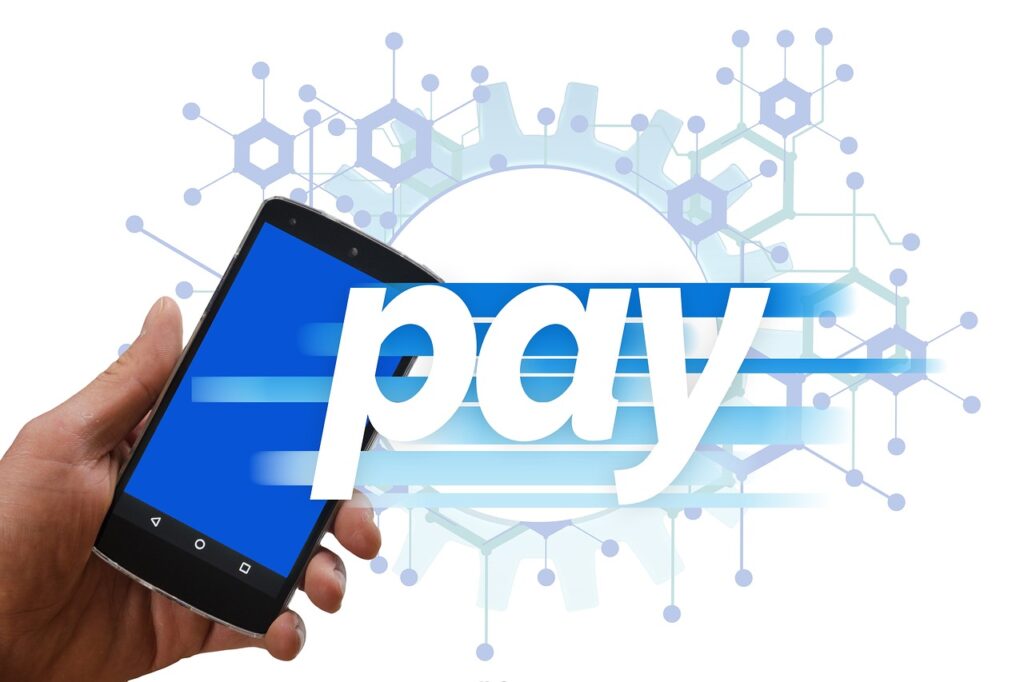The first pilot launch for the retail Digital Rupee will be on December 1. The Reserve Bank of India (RBI) has announced the launch of the retail Digital Rupee (e₹-R) on December 1, 2022. On November 1, the central bank indicated that the pilot in e₹-R would begin in a month’s time. According to a statement from RBI, the pilot would cover select locations in closed user groups (CUG) comprising participating customers and merchants.
What is a Digital Rupee?
A Digital Rupee is an electronic form of money issued by a central bank that can be used in contactless transactions. “The eRs-R would be in the form of a digital token that represents legal tender,” the RBI said while announcing the operationalisation of the Central Bank Digital Currency – Retail (e₹-R) Pilot from December 1.
The RBI said it would be issued in the same denominations that paper currency and coins are currently issued. It would be distributed through intermediaries — banks.
How will transactions take place through Digital Rupee?
According to RBI, users will be able to transact with eRs-R through a digital wallet offered by the participating banks and stored on mobile phones/devices.
Transactions can be both person-to-person (P2P) and person-to-merchant (P2M). Payments to merchants can be made using quick response (QR) codes displayed at merchant locations, as per the statement by the central bank.
List of eligible banks
Eight banks have been identified for phase-wise participation in this pilot. The first phase will begin with four banks, viz., State Bank of India, ICICI Bank, Yes Bank, and IDFC First Bank in four cities across the country. Four more banks, viz., Bank of Baroda, Union Bank of India, HDFC Bank, and Kotak Mahindra Bank will join this pilot subsequently.
List of eligible cities
The pilot would initially cover four cities, viz., Mumbai, New Delhi, Bengaluru, and Bhubaneswar, and later extend to Ahmedabad, Gangtok, Guwahati, Hyderabad, Indore, Kochi, Lucknow, Patna, and Shimla. The scope of the pilot may be expanded gradually to include more banks, users, and locations as needed.
The e₹-R would offer features of physical cash like trust, safety, and settlement finality.
“As in the case of cash, it will not earn any interest and can be converted to other forms of money, like deposits with banks,” the central bank said.
Also Read | Why women must take care of their finances









Unified Pension Scheme (UPS): How it differs from NPS and OPS
India braces for heatwave: Top tips to stay safe in sweltering conditions
Flight cancelled or delayed? Guidelines you must know